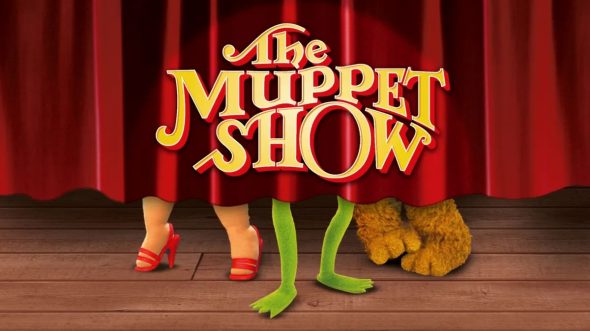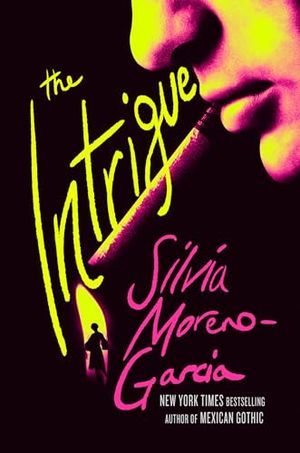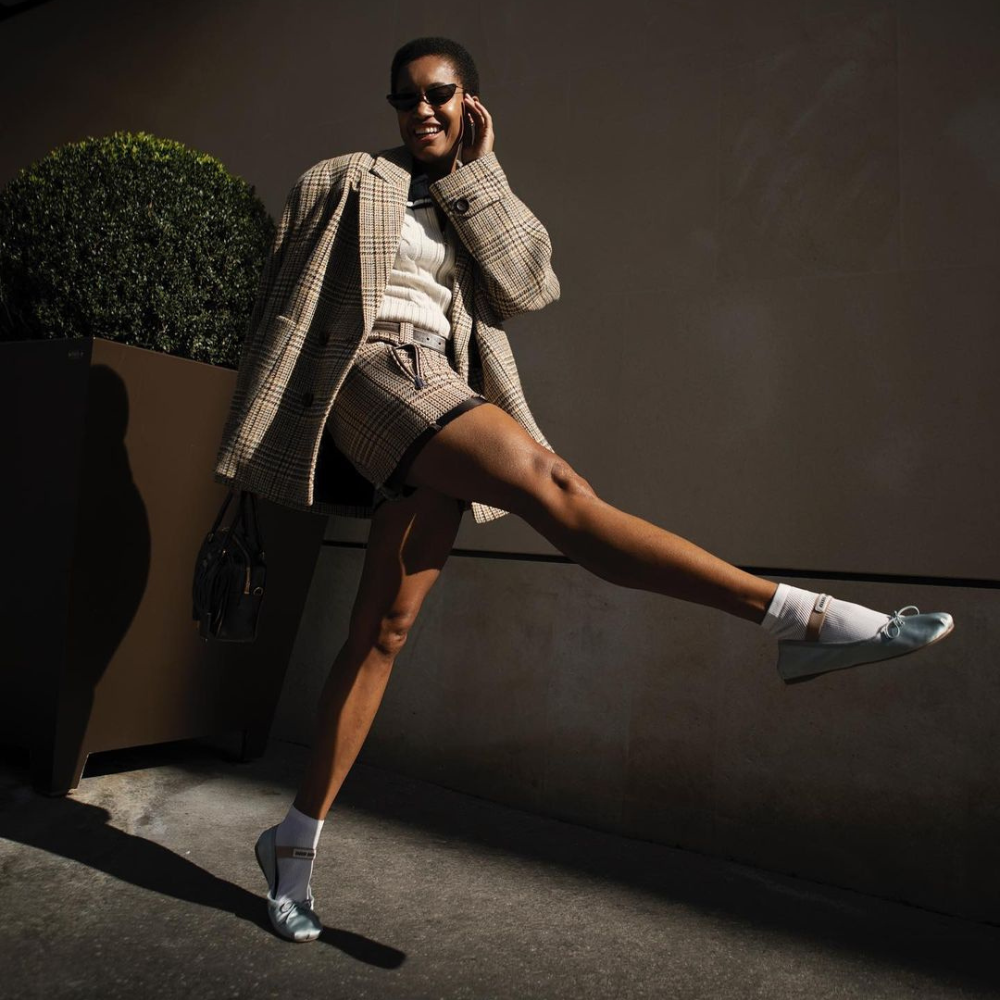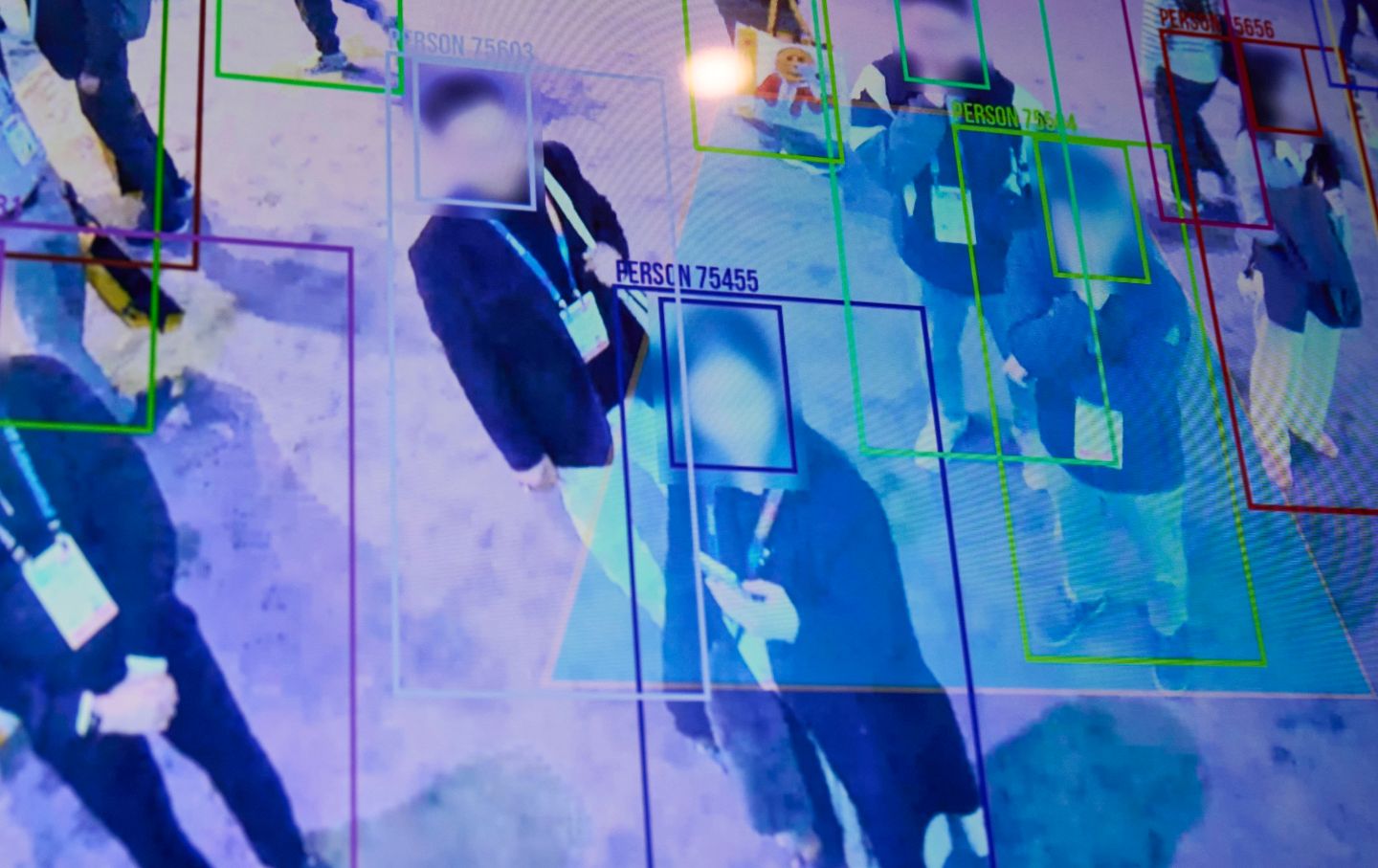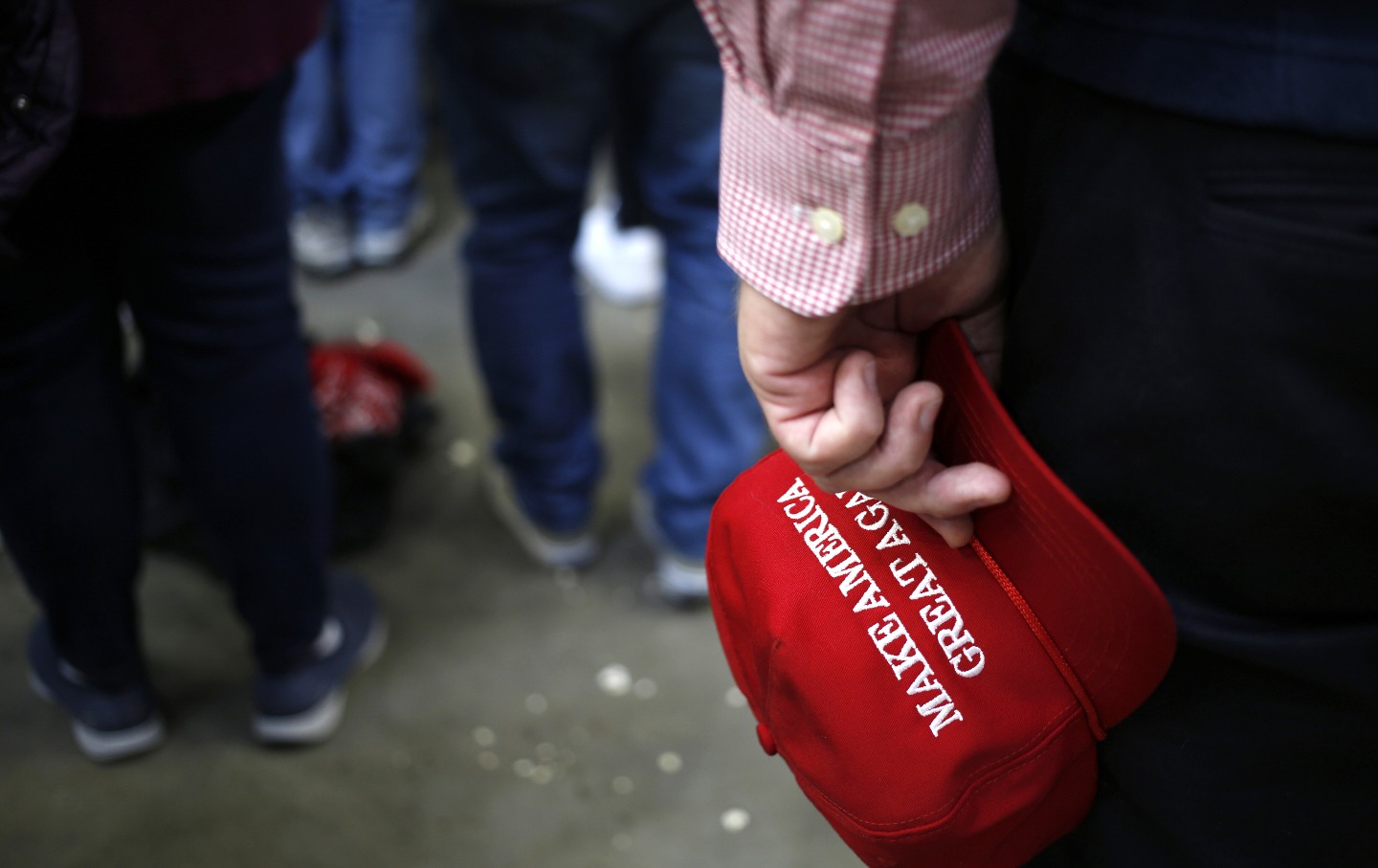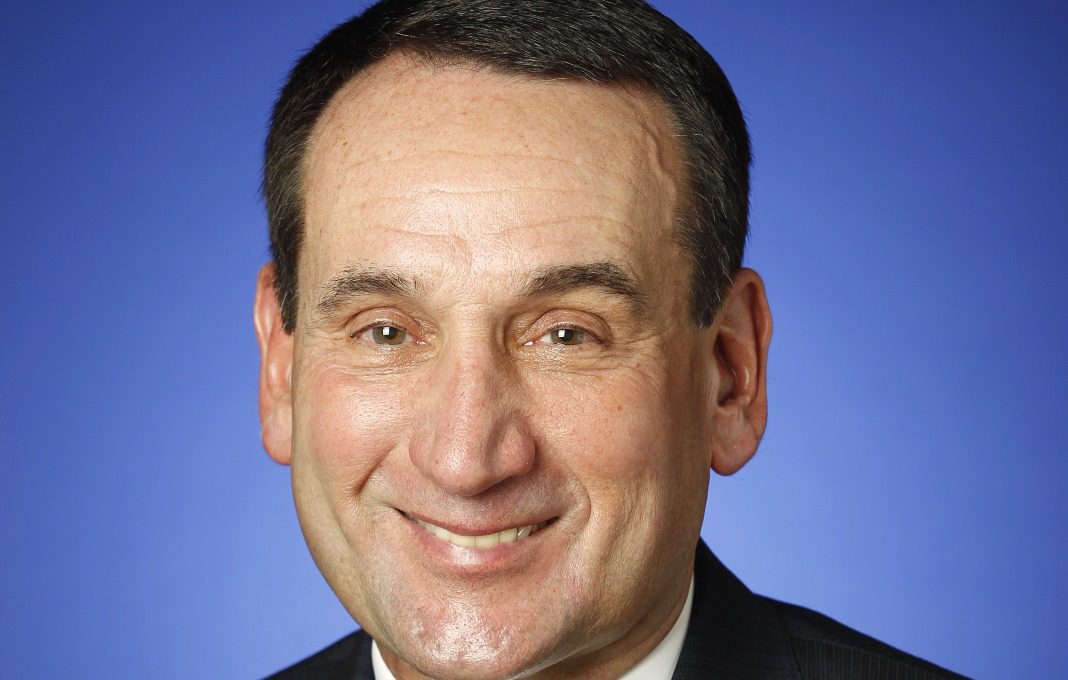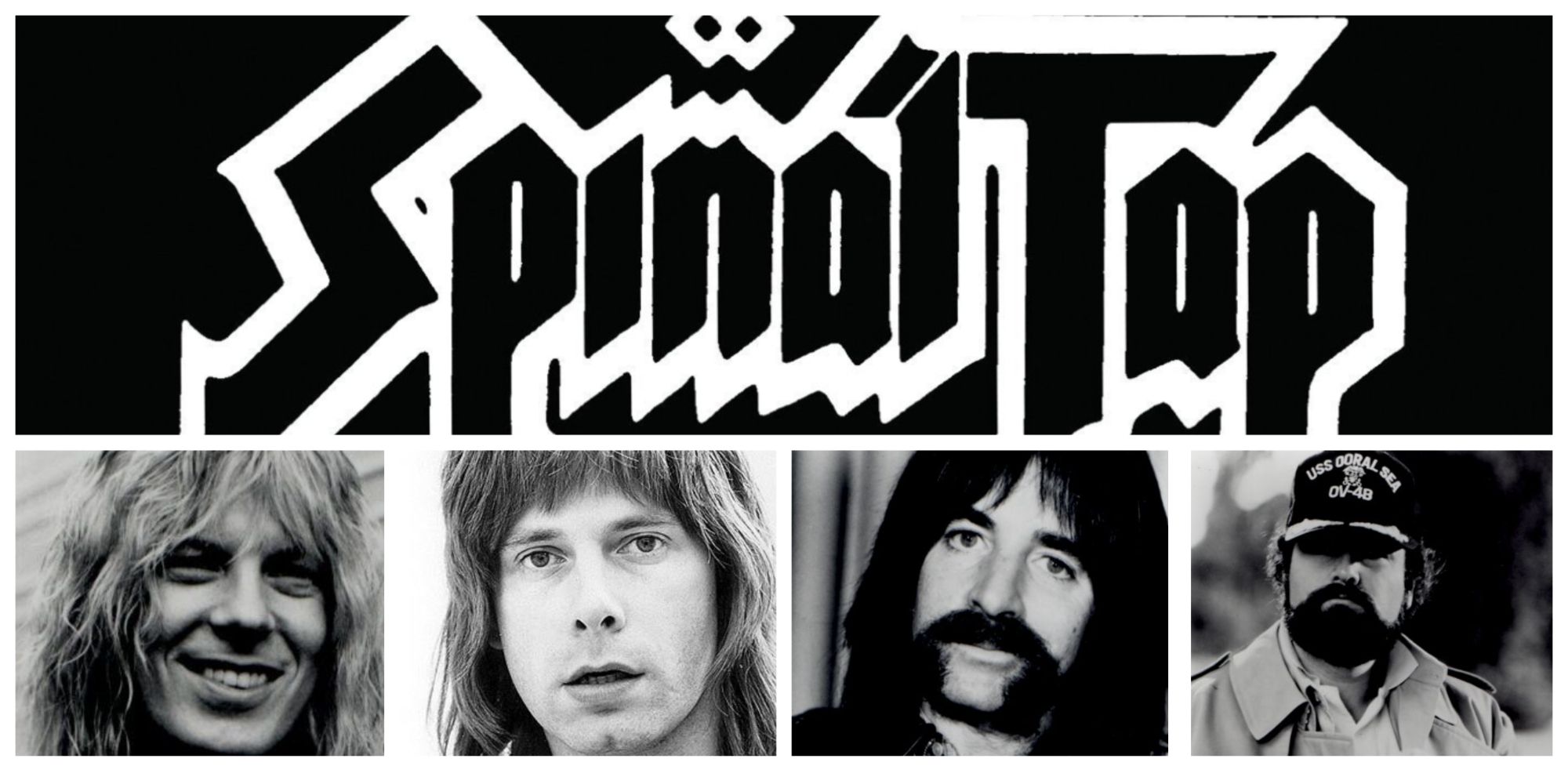[ad_1]

Dr. Anthony Fauci, the White House’s chief medical adivisor and one of the top officials responsible for the U.S. pandemic response, criticized another major economy’s approach to the pandemic on Thursday.
In an interview with the Washington Post, the outgoing director of the National Institute of Allergy and Infectious Diseases said that China’s response was “draconian.” China is currently facing protests from Chinese residents frustrated with the country’s use of snap lockdowns and mass testing to suppress outbreaks.
Fauci said that lockdowns like China’s should “give you time to respond so that you can open up.” Yet Fauci suggested that less effective Chinese vaccines were hindering Beijing’s ability to end COVID-zero. “The efficacy of the China‑made vaccines are not at the level of the vaccines that have been used in the United States,” he said.
China’s COVID vaccines primarily come from Sinovac, a private company, and Sinopharm, a state-owned pharmaceutical company. Chinese companies are also developing several other COVID vaccines, including jabs based on mRNA technology. In early September, Beijing approved the world’s first inhaled COVID vaccine from CanSino Biologics.
Yet China has not approved any foreign-developed vaccine for its population, including the mRNA vaccines from BioNTech and Moderna. In early November, Beijing finally allowed the BioNTech vaccine to be used domestically—but only for foreigners living in China.
The Sinopharm and Sinovac vaccines, which use an inactivated virus, have always been less effective at preventing infection from the original strains of COVID-19 than Western-developed mRNA vaccines, even as they were effective at preventing severe disease and death.
New COVID variants made China’s vaccines even less effective. A March study from the University of Hong Kong found that two doses of Sinovac were only 77% at preventing COVID-19 death in those aged 60 or over, compared to two doses of BioNTech, which boasted 92% effectiveness against preventing death.
Yet a third dose helped improve Sinovac’s ability to protect against COVID. A Sinovac booster raised the Chinese jab’s ability to protect against death to 98%, roughly the same as three doses of BioNTech.
Fauci offered his advice to the Chinese government in his Washington Post interview on Thursday, saying that the best thing that China should do would be to “get your people vaccinated and boosted with a highly effective vaccine.”
At least 90% of China’s population have received at least two doses of a COVID-19 vaccine, but the country has struggled to vaccinate its elderly population, especially with a booster. Only 68.6% of those over 60 have received a booster shot, according to official data released on Tuesday.
By comparison, 68.8% of the U.S. is fully vaccinated. 93.8% of those over 65 have received a full course of vaccination, while 32.6% have received updated boosters that specifically target the Omicron variant, according to data from the U.S. Centers for Disease Control and Prevention
China may finally be thinking about how to exit from its tough COVID-zero policy, which is both frustrating the public and damaging the economy. On Tuesday, Chinese health officials said they would launch a campaign to improve vaccination rates among the elderly. China is also considering offering a second booster shot, reports Bloomberg.
The following day, China’s top politician responsible for the COVID response said the country was facing a “new stage” in the pandemic, citing Omicron’s reduced ability to cause disease. Chinese cities are also tweaking their lockdown measures and loosening their quarantine requirements.
Official Chinese data reports 5,233 deaths from COVID-19 since the start of the pandemic. The U.S. has recorded just under 1.1 million deaths from COVID over the same period.
Our new weekly Impact Report newsletter will examine how ESG news and trends are shaping the roles and responsibilities of today’s executives—and how they can best navigate those challenges. Subscribe here.
[ad_2]
Original Source Link






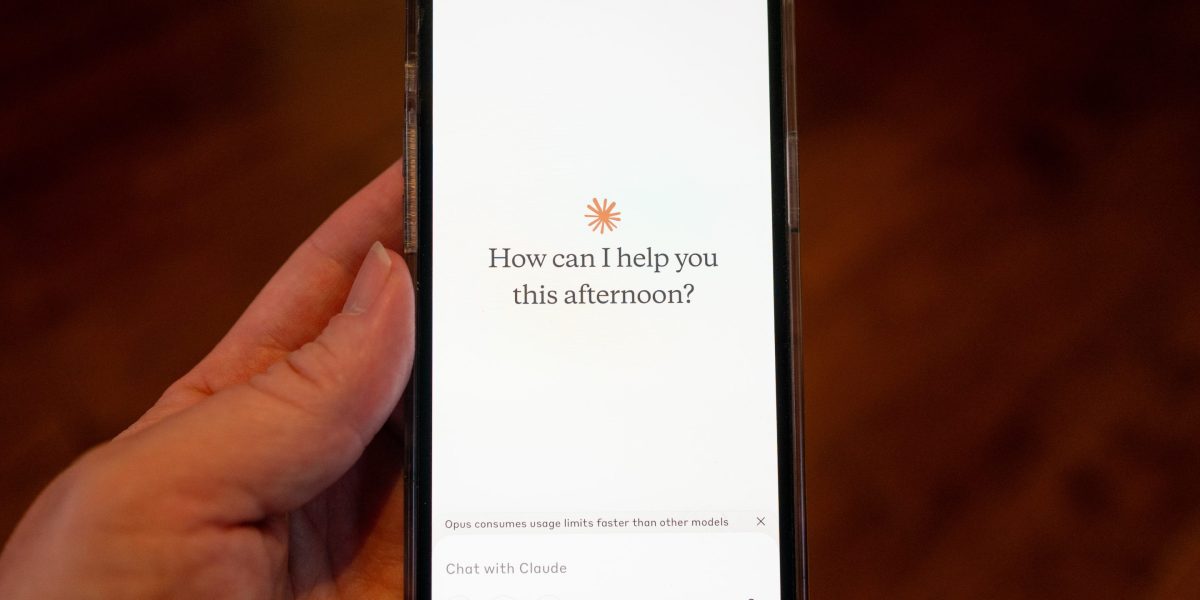

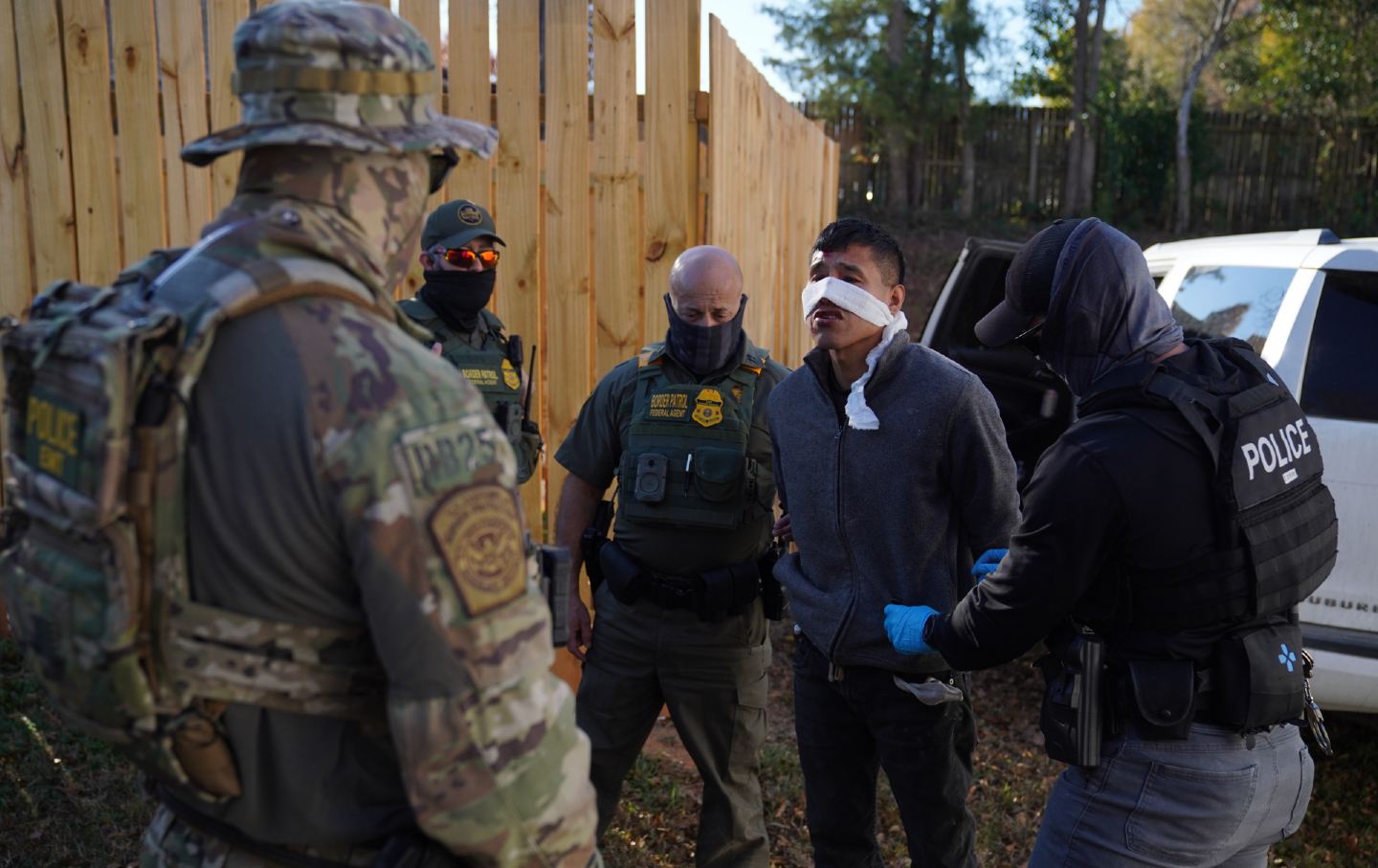



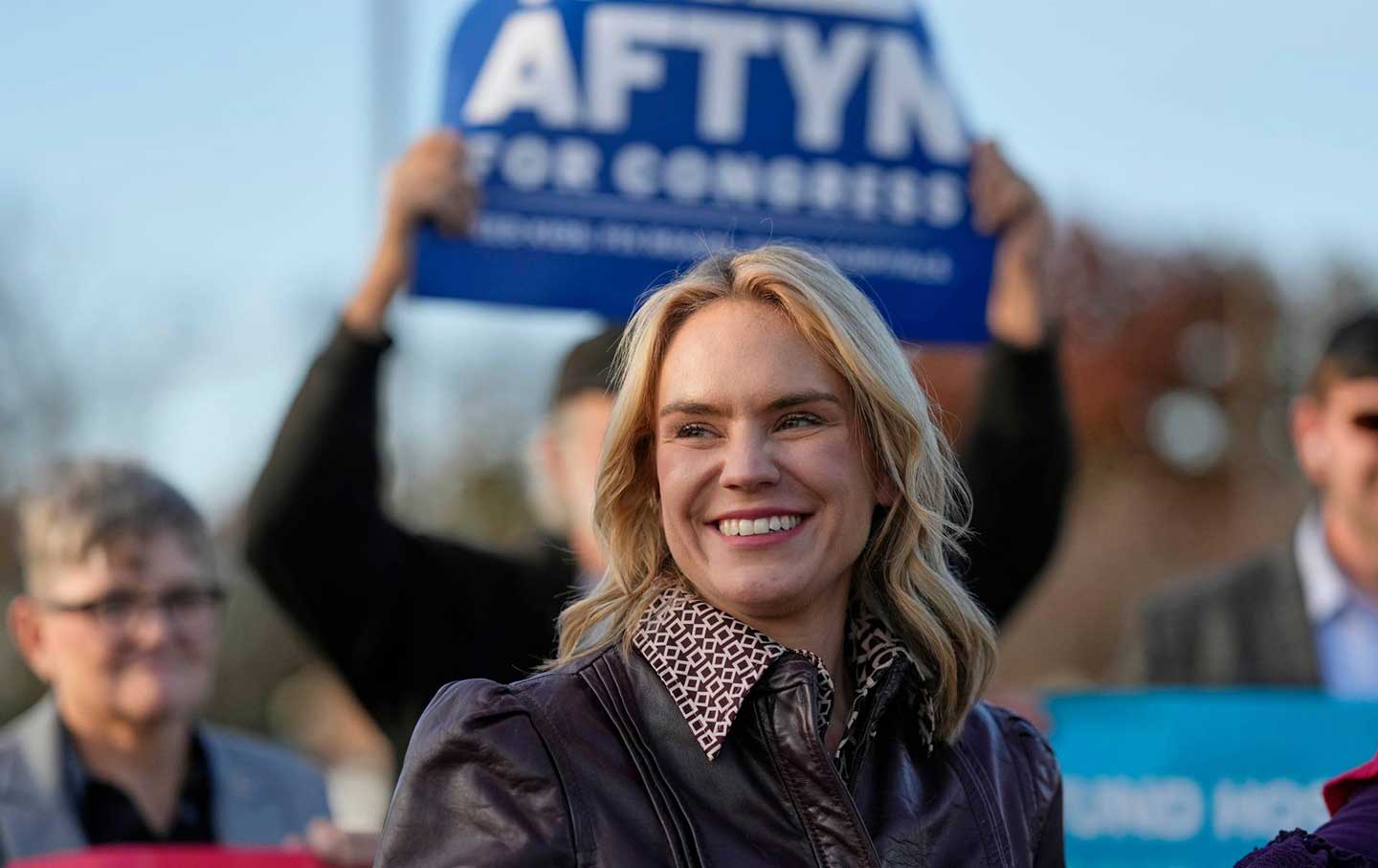












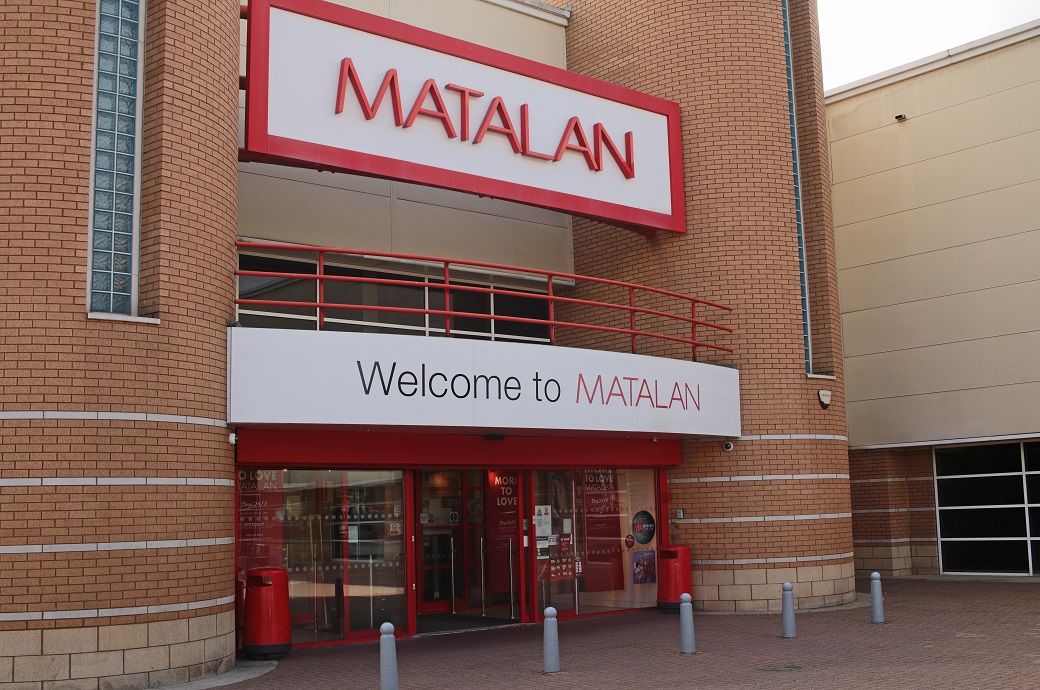
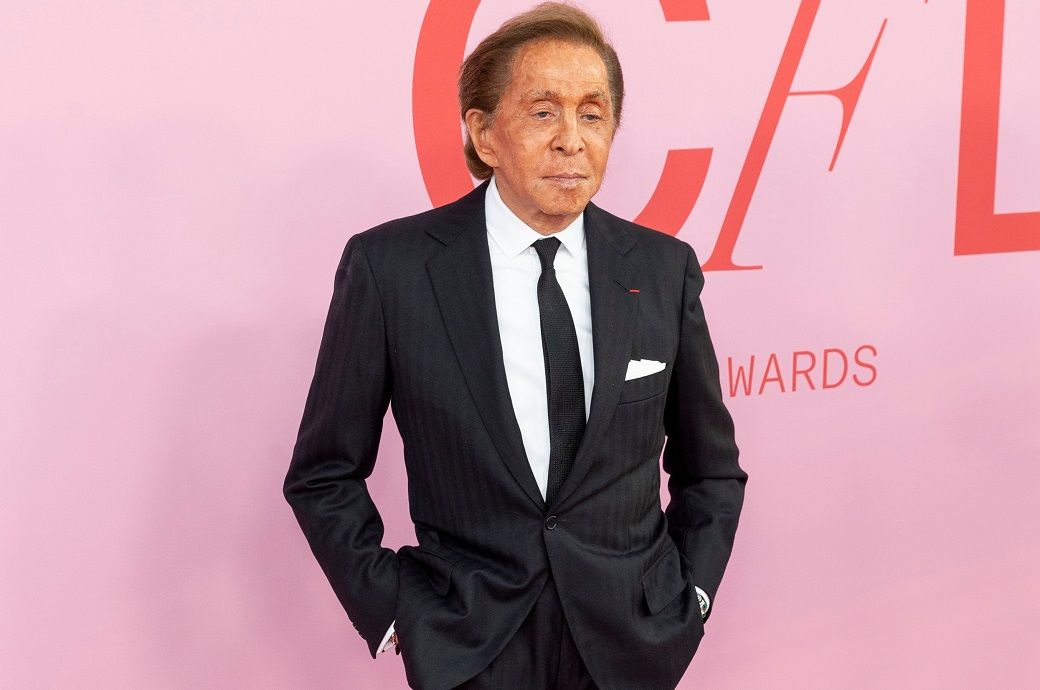
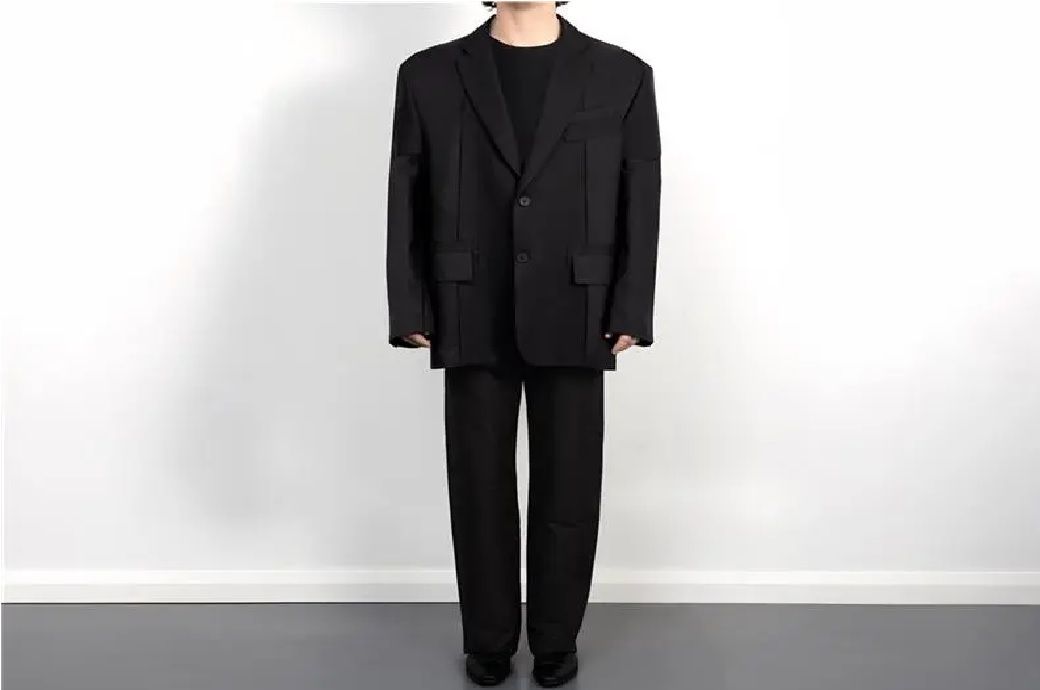

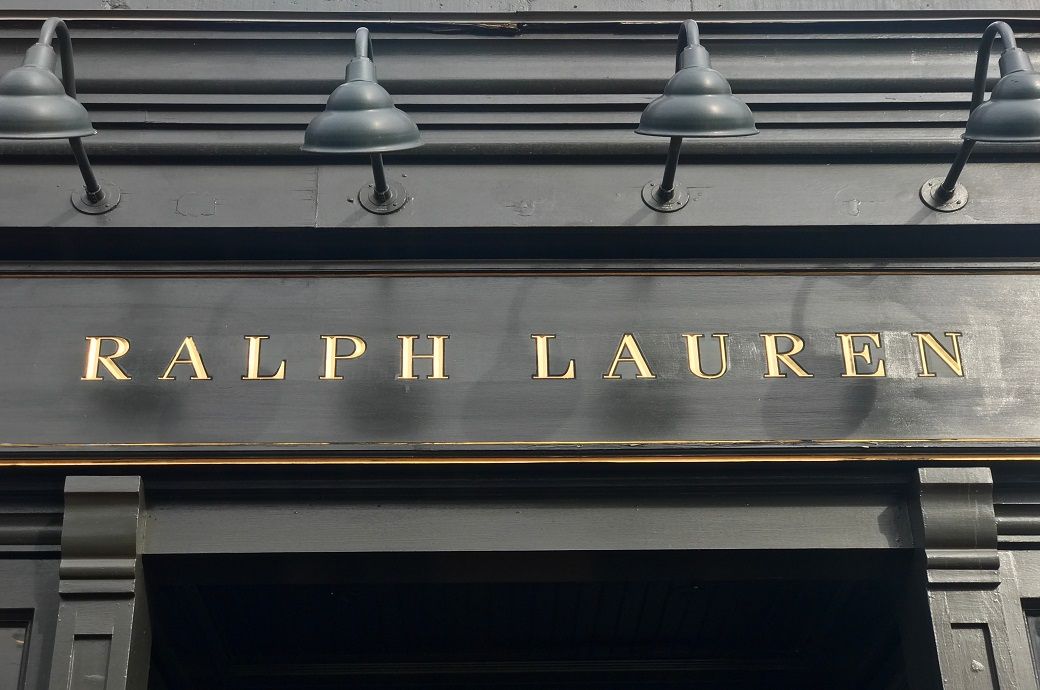
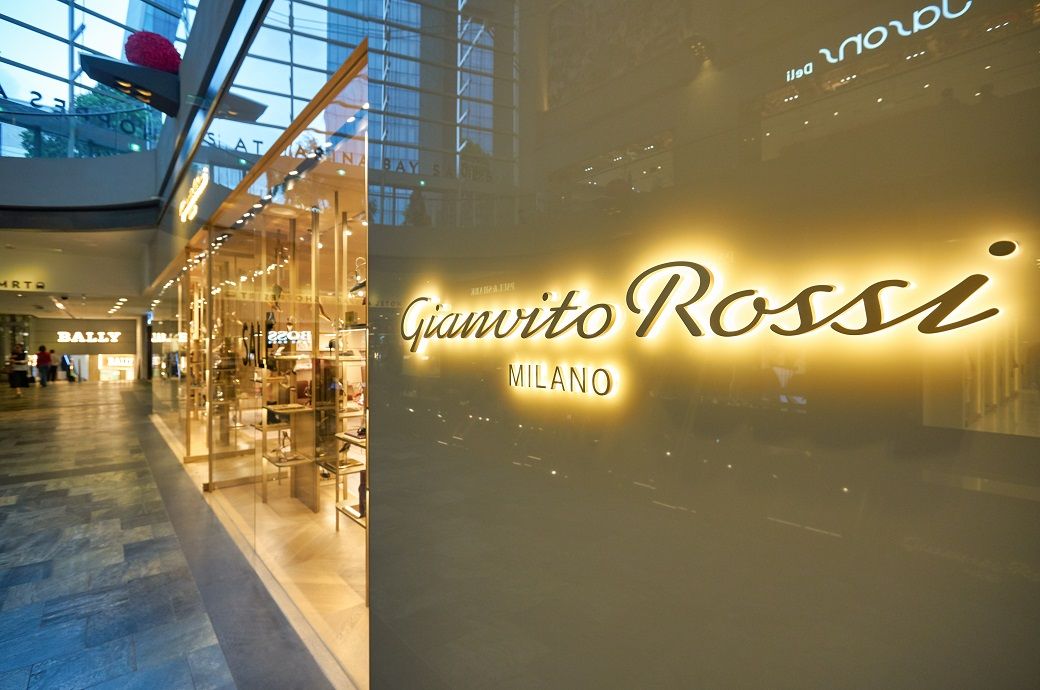




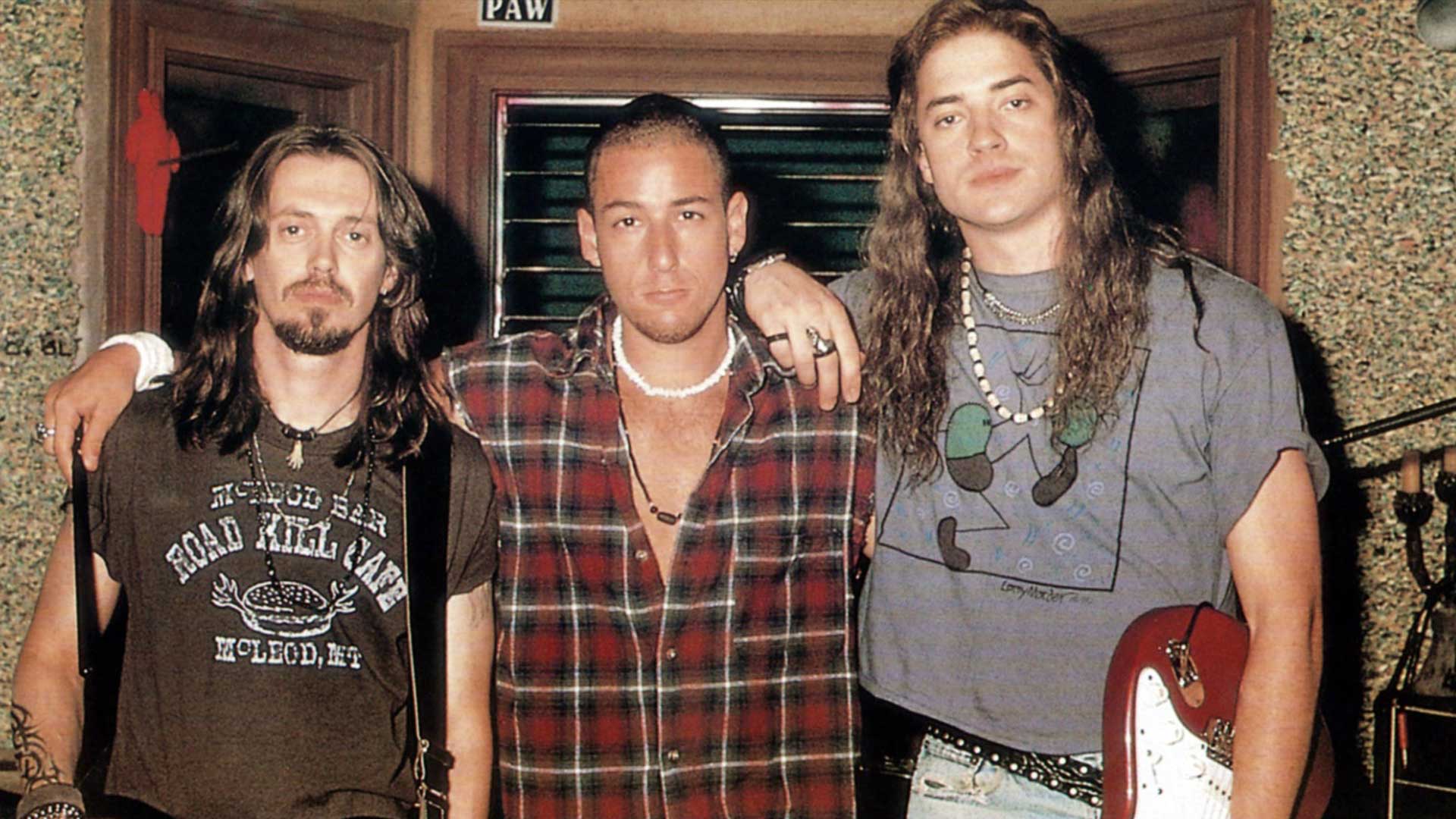

![‘Stranger Things’ Star Reveals “There Wasn’t a Lot of Oversight” When Filming This Iconic Sci-Fi Crime Drama [Exclusive] ‘Stranger Things’ Star Reveals “There Wasn’t a Lot of Oversight” When Filming This Iconic Sci-Fi Crime Drama [Exclusive]](https://static0.colliderimages.com/wordpress/wp-content/uploads/sharedimages/2026/01/0392347_poster_w780.jpg?q=70&fit=contain&w=480&dpr=1)








